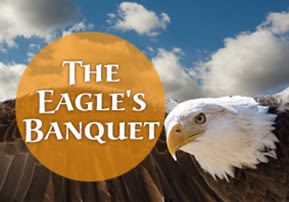
The Eagle’s Banquet
The advantage of praying together on Rosh Hashana is that we get judged together – as a whole, and not as an individual; that is, when we cling together in unity...

The advantage of praying together on Rosh Hashanah is that we get judged together – as a whole, and not as an individual. Attaining a a merciful judgment is much easier when we cling together as one people, Hashem’s chosen. As such, we pray on Musaf of the High Holidays, veye’asu kulam aguda achat, “may we all become one cohesive group…”. But, it’s not enough to be together in a group. Thirty thousand fans in Yankee Stadium also call themselves a cohesive group, all rooting for the New York Yankees. That’s why we clarify our prayer and add, la’asot ratzoncha belevav shalem, “…to do Your will with a whole heart.”
What does it mean to serve Hashem with a whole heart? I’ll explain with a beautiful parable that I heard from my esteemed friend, Rabbi Simcha HaCohen Sitner of Ashdod:
The eagle, undisputed monarch of the avian kingdom, wanted to display his magnanimity to all his subjects, the birds of the kingdom. He decided to host a great banquet, making sure that a personal invitation would be sent to every single feathered friend, from great to small. Meticulous care and planning went into every detail, especially the seating arrangements and the catering. The eagle’s banquet-committee staff hired four different caterers – one who specialized in fish for the seabirds, a meat specialist for the birds of prey, a third who 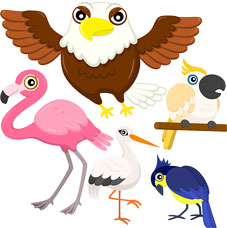 prepared bug-and-worm delicacies and a fourth who was a vegan, considered best in the business of catering to the plant and seed eaters.
prepared bug-and-worm delicacies and a fourth who was a vegan, considered best in the business of catering to the plant and seed eaters.
Sitting nobly at the head tish (table) was the eagle king. To his right was one of the kingdom’s great heroes, a golden falcon. To the king’s left was the head of the palace guard, a giant ostrich. Each bird was seated alongside a giant table placed perpendicular to the king’s, each in according to its status and splendor. The brave and the beautiful sat closer to the king, while the lesser and more mundane birds sat further from the king. No one was missing. There were peacocks, rare pheasants, spotted Guinea hens, crowned Polish roosters, flamingos, pelicans, seagulls, magnificent herons, hummingbirds, cockatoos, eloquent parrots – birds of every size and shape, tree-dwellers, desert roadrunners, mountain vultures and kingfishers. To the right and left of the main table were parenchas (bleachers) for the more common birds – the pigeons, sparrows, thrushes, crows, finches and starlings. Swifts and swallows flew around the great royal banquet hall in excitement. This was the unprecedented banquet of avian history.
Suddenly, a little finch from way in the back row of the bleachers flapped its wings and with apparently unbelievable chutzpa (gumption), flew right up to the head table and whispered something in king eagle’s ear. All the birds flapped their wings and chirped in excitement. No one knew what was going on. With one fell swoop of his wing, the eagle could have knocked the insolent finch to kingdom come.
After the finch finished whispering, the eagle shuddered. He asked the falcon to move over and make room for the finch. The plain little bird perched down right next to the king!
What was it that the finch said? How did he convince the eagle to allow him to sit in such a place of honor?
The finch said, “Your majesty, do you know where my nest is? It’s perched atop the roof of the Holy Temple in Jerusalem. Whenever I want, I fly down to the altar and eat crumbs of the Cohanim’s mincha, the priest’s meal offering. When I’m thirsty, I drink from the nesachim, the sacrificial libations. So you see, I’m a bird of extreme holiness…”
When word of how the finch persuaded the eagle reached the upper bleachers on the other side of the majestic banquet hall, a young pigeon flapped his wings indignantly and fearlessly flew down to the head table. “Your majesty,” he protested, “this finch calls himself holy? Eating crumbs from the altar makes him holy? Your majesty, my blood is on the holy altar!”
The pigeon of course was correct. As one of the ritually pure birds, he is the worthy sacrifice, the bird who serves the real King – Hashem – with all his heart, his entire life.
* * *
Many people attend the Rebbe’s tisch. Like the finch, they eat crumbs of gefilte fish and potato kugel, but that’s not what makes a person holy. That doesn’t earn them a place next to the Rebbe.
In like manner, many people travel to Uman for Rosh Hashanah. They too eat the Rebbe’s holy “crumbs” – they participate in the Rosh Hashanah gathering in Uman, they enjoy the moving prayers in the Kloiz, and they take part in the inspiring Tashlich service. Yet, there are some people who do more than eating “crumbs” at the tisch – with total dedication of their time, effort, and money, they spread Rebbe Nachman’s holy teachings of emuna all year long. They give all their blood to the altar of Jewish Outreach – bringing people closer to Hashem. These are the unsung heroes – like the worthy pigeon – who deserve to sit at the Rebbe’s table. This is what it means to serve Hashem with a whole heart. May you and yours be inscribed in the Book of Life for a wonderful New Year, amen!


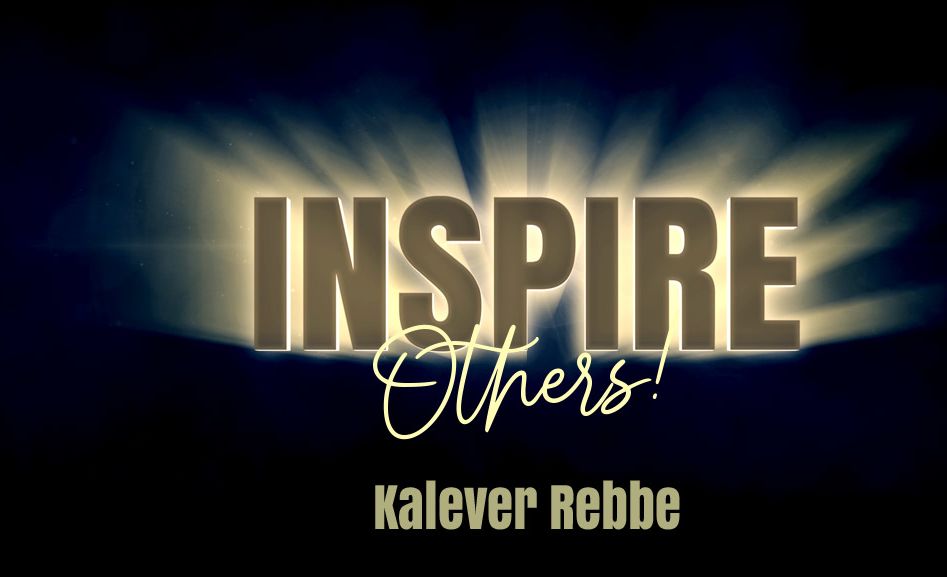
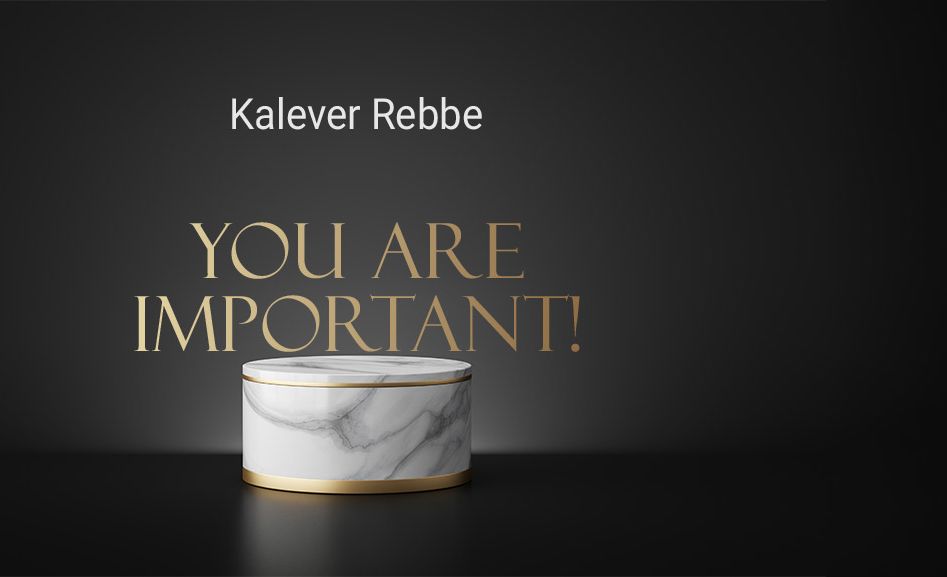
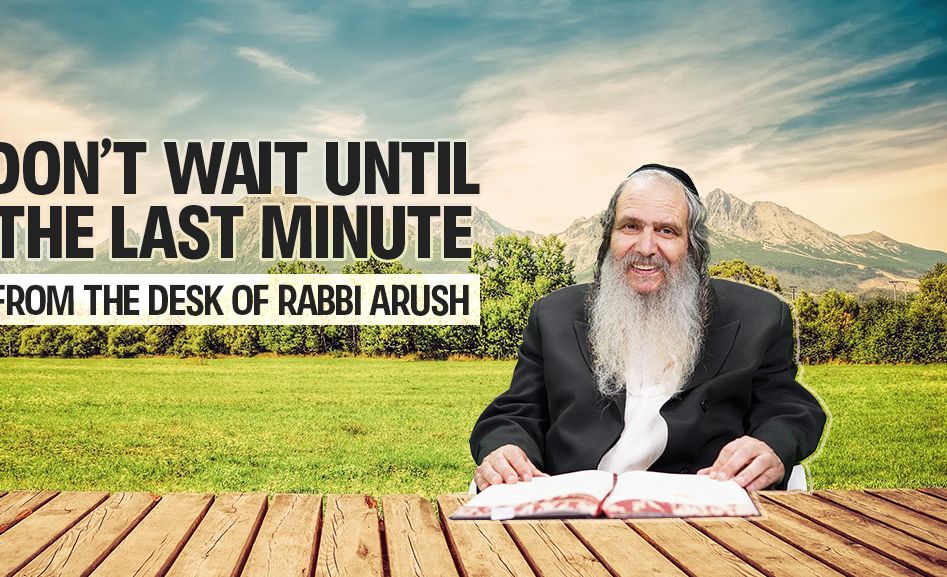
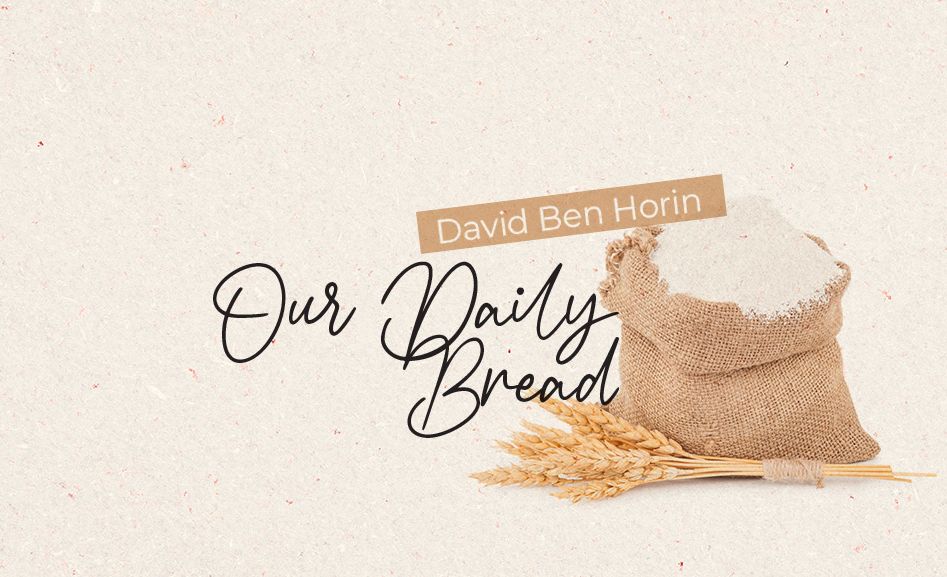

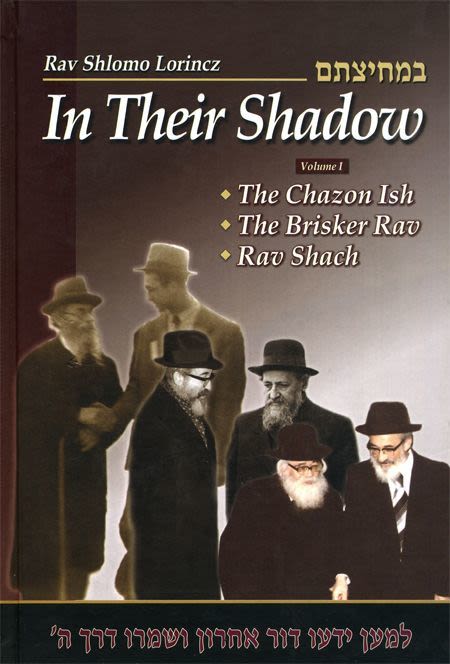
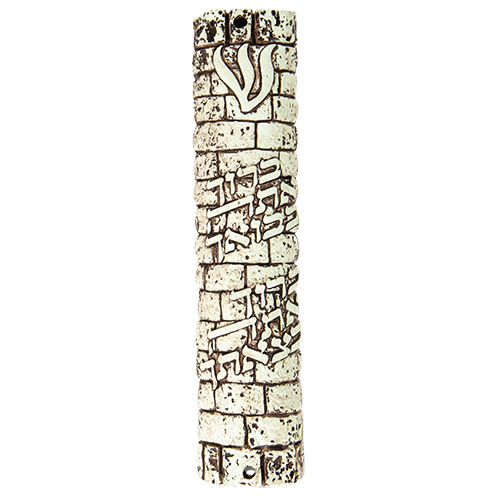
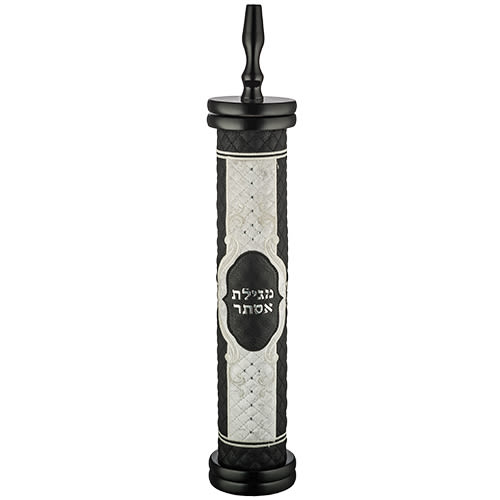
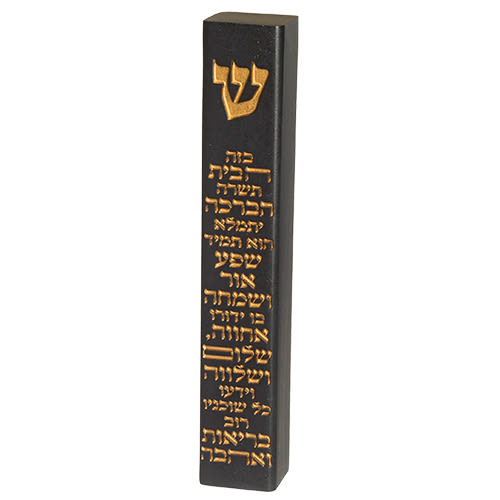
Tell us what you think!
Thank you for your comment!
It will be published after approval by the Editor.